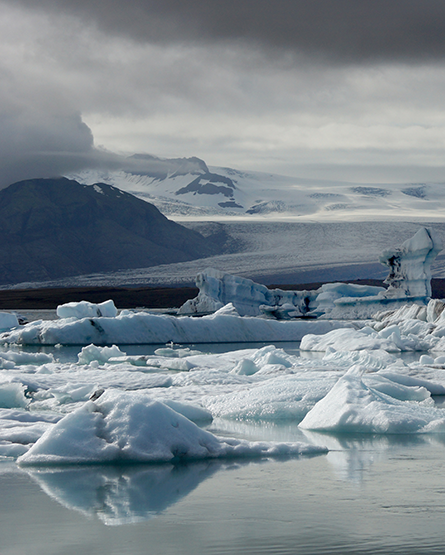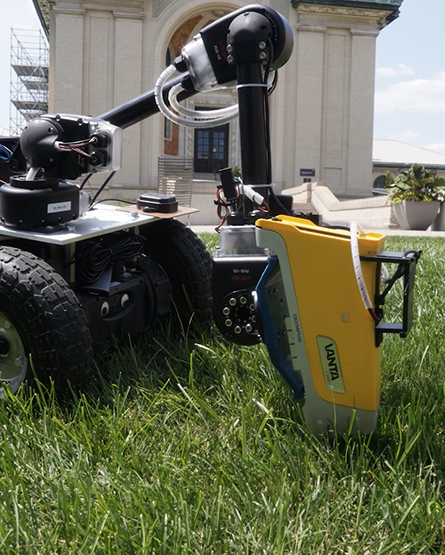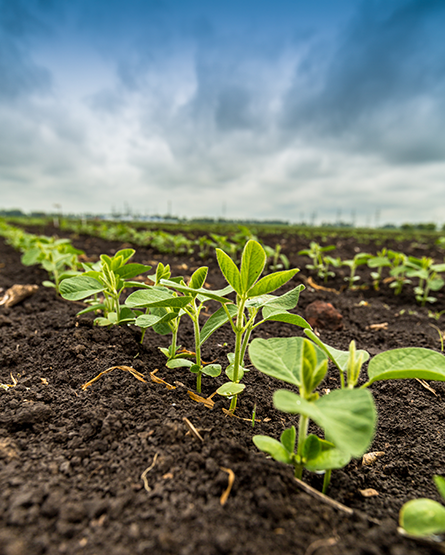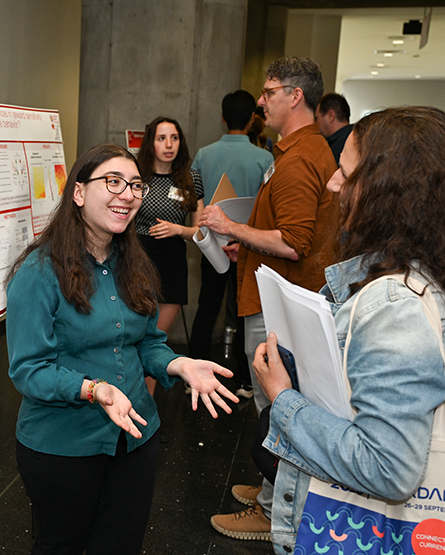The Climate-resilient environmental systems and technologies (CREST) focus area models complex interactions between the natural and built environments. Students and researchers use this understanding to develop system-level water management strategies and new technologies to sustainably and equitably meet society's needs in a rapidly changing climate.
Our interdisciplinary research and curriculum spans scales from nano to global, integrating experimental and computational approaches. Key topics include water and environmental systems analysis, environmental systems modeling, environmental chemistry, machine learning, data analytics, and decision analysis.
CREST education
Through a flexible curriculum and innovative coursework, CREST fosters a deep understanding of complex environmental systems and the application of advanced technologies to address the multi-faceted challenges of climate change. Students will gain comprehensive knowledge in environmental chemistry, water and environmental systems analysis, modeling, machine learning, data analytics, sensing, Geographic Information Systems (GIS), and decision analysis. In your CREST courses, you will apply this cutting-edge knowledge and skills to tackle real-world problems in key areas such as engineering resilience, climate adaptation, water management, and environmental technologies.
Working with your faculty mentor, you'll customize your coursework to match your academic and career goals, allowing for both broad exploration and specialized focus in key areas.
While CREST students can create their own program of study,
many choose to specialize in one of three tracks:

- Climate Change Adaptation and Mitigation: This area addresses the challenges of climate change with a focus on the intersection of energy and water systems, adaptation and mitigation strategies, and comprehensive decision-making and management.
- Water and Environmental Systems: Explores sustainable solutions for managing water resources and addressing environmental challenges, with an emphasis on water management, hydrological cycles, and biogeochemical processes.
- Environmental Technologies: This area provides exposure to leading-edge technologies deploying nanotechnology, biotechnology, sensing, and robotics to sustainably tackle a range of environmental challenges.
View recommended courses for a focus in climate-resilient environmental systems and technologies.
CREST graduates find careers in diverse roles, including:
- Environmental engineer
- Water resources engineer
- Water and wastewater engineer
- Remediation engineer
- Climate engineer
- Ph.D. research scientist
- Climate risk analyst
- Data scientist
Ready to pursue an education in CREST? Apply today
CREST research
Example research projects
CREST faculty

Greg Lowry
Walter J. Blenko, Sr. University Professor
Civil and Environmental Engineering
Courtesy Appointment
Chemical Engineering

Kelvin Gregory
Professor & Executive Director of Undergraduate and Graduate Programs
Civil and Environmental Engineering

Costa Samaras
Director
Wilton E. Scott Institute for Energy Innovation
Professor
Civil and Environmental Engineering
Courtesy Appointment
Engineering and Public Policy

Peter Adams
Department Head
Engineering and Public Policy
Thomas Lord Professor
Civil and Environmental Engineering, Engineering and Public Policy
Courtesy Appointment
Chemical Engineering





































